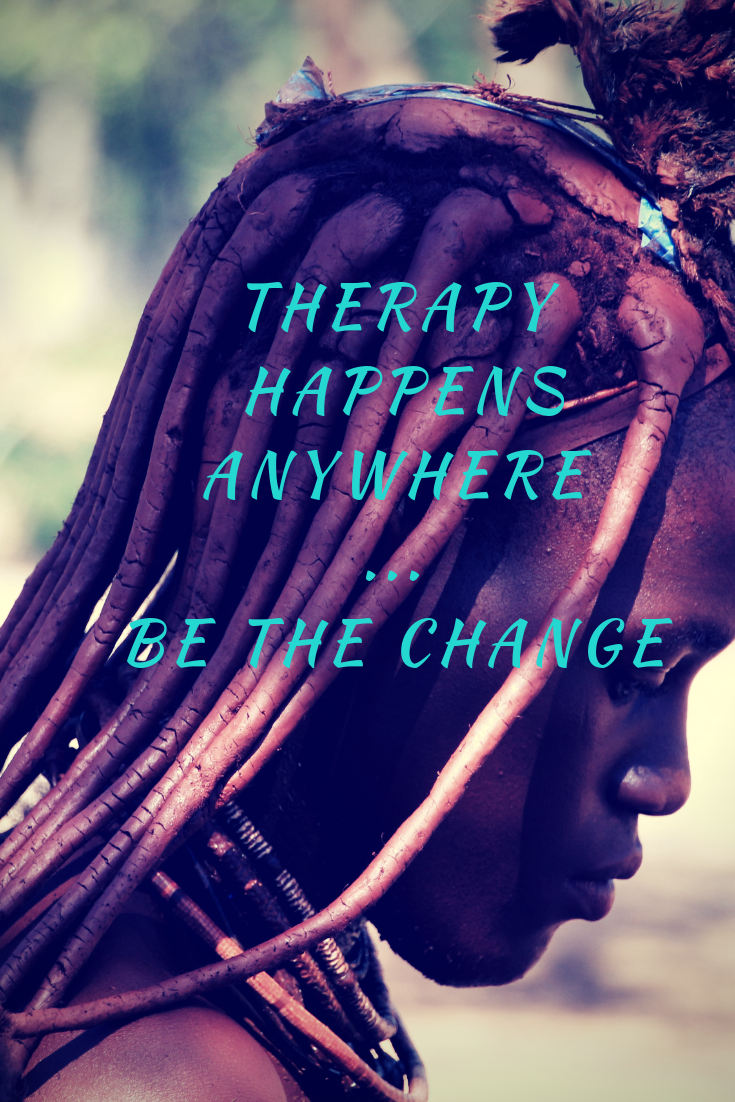
Adolescence isn’t just a time of change for teens—it’s a time of transformation for families. As kids grow into young adults, the parent-child relationship undergoes major shifts. A six-year study led by Susan J. T. Branje and colleagues at Utrecht University sheds looks at these changes and how parents and teens often experience them differently.
What the Research Found
The study followed 497 families from early to late adolescence (ages 13 to 18), tracking how both parental support and behavioral control evolved over time. Parents and teens reported on these dynamics from their own perspectives.
Here’s what stood out:
- Support and control declined over time, but not in a straight line. The changes followed a curvilinear pattern—meaning the drop was more noticeable early on, then leveled off.
- Parents and teens grew more aligned in how they viewed their relationship. Families that started with higher levels of support and control showed steeper decreases, but also experienced greater convergence in perception.
Why These Changes Happen
Several developmental theories help explain why adolescence changes family dynamics:
- Psychoanalytic theory: Teens pull away from parents to form their own identity.
- Evolutionary theory: Adolescents are preparing for independence and adult relationships.
- Cognitive-social theory: As thinking skills mature, teens begin to negotiate and understand different viewpoints—including their parents’.
All of these frameworks suggest that as teens push for autonomy, parental control tends to decrease, and support adjusts as the relationship becomes more mutual.
Gender Matters—in Parents and Teens
The study also explored how gender plays a role in parenting practices:
- Mothers typically provide more consistent emotional support and are less influenced by external stressors than fathers.
- Fathers often play a bigger role in shaping gender norms, encouraging traditional traits like masculinity in boys and femininity in girls.
- Girls tend to report receiving more support than boys, though developmental trends vary.
Despite these differences, the decline in support over time was fairly similar between mothers and fathers. However, when it comes to behavioral control, the research was less consistent—some differences between parents emerged, but findings varied.
When Parents and Teens Don’t See Eye to Eye
It’s common for adolescents to have different expectations about independence than their parents do. These mismatches can create tension, but they’re also a natural part of growing up.
According to the intergenerational stake hypothesis, parents tend to be more emotionally invested in the relationship than their children, which can explain some of these clashes in perspective.
Still, as teens gain more real-world experience, they often start to see their parents’ point of view. This shift helps bring parents and adolescents onto the same page, especially in families where open communication is encouraged. Essentially, they will get it, give them time.
Why This Research Matters for Families
Understanding how parent-child relationships shift during adolescence can help families stay connected through a challenging period. It also has real implications for parenting programs, counseling, and family-based interventions.
Here’s what works:
- Recognize that support and control will change—and that’s okay.
- Expect some disagreements—and don’t view them as failure, but as part of development.
- Encourage open conversations and mutual respect as teens push for more autonomy.
Our Final Thoughts About Parent-Child Relationships
This study brings forward a critical truth: adolescence is not just about growing up—it’s about growing together. By understanding the natural evolution of support and control, parents can better navigate this transition, maintain healthy relationships, and support their teens as they move toward independence.
The Journey Of Holistic Wellness
Strong communication is at the heart of emotional well-being. Enhance your journey with products that support mental clarity, focus, and resilience from our Holistic Store. Investing in your wellness can empower you to bring your best self to every conversation. Visit our store today to find supplements that complement your path to effective communication and resilience.
PS: Are you a culturally competent IIC clinician passionate about making a difference? Our New Jersey practice is expanding, and we’re hiring! Check out our Careers page for opportunities to join a team dedicated to inclusivity and impactful communication.

